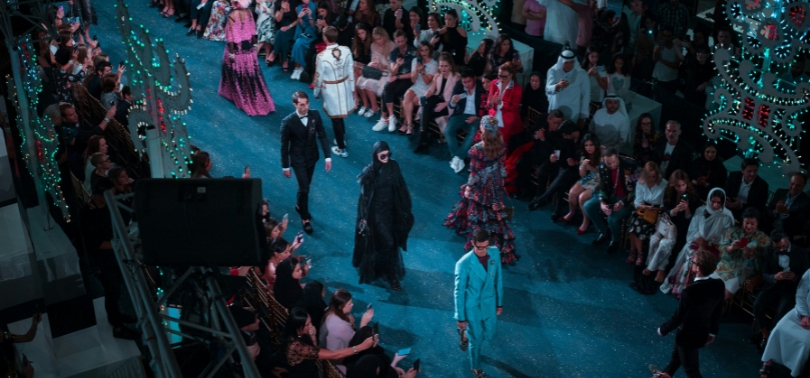Pinterest was once a haven for creativity, inspiration, and carefully curated content. Whether it was DIY projects, fashion mood boards, or unique home décor ideas, the platform thrived on authenticity and originality. But now, AI-generated images and spammy content are cluttering feeds, frustrating users, and making it harder to find real, valuable inspiration. Is AI enhancing or harming the Pinterest experience? Let’s dive into the growing concerns.
AI-Generated Content is Overwhelming the Platform
Pinterest’s charm lies in user-generated content and carefully curated aesthetics. But with AI-powered tools flooding the internet, the platform is now overrun with generic, auto-generated images that lack originality. Instead of discovering unique ideas, users are scrolling through endless AI-created posts that feel repetitive and uninspired. The result? A diluted, less engaging experience for Pinterest’s core audience.
Authenticity is Taking a Hit
One of Pinterest’s biggest strengths was its ability to connect users with real creators, artists, and small businesses. But as AI-generated content rises, it’s becoming harder to distinguish between human creativity and machine-made posts. Many AI-driven images lack proper attributions, distort artistic integrity, and even mimic real creators’ work without crediting them—making it a frustrating and unfair playing field for genuine content creators.
Search Results Are Getting Worse
Pinterest’s search algorithm was designed to surface relevant, high-quality content based on user preferences. However, with AI-generated spam flooding the platform, search results are becoming less useful and more cluttered. Instead of finding well-researched blog posts, detailed DIY guides, or real fashion inspiration, users are now seeing algorithmically generated, low-effort content that provides little to no value.
AI Spam and Misinformation Are Spreading
Beyond creativity concerns, AI is also contributing to a rise in spam and misleading content on Pinterest. Fake recipes, inaccurate infographics, and misleading product promotions generated by AI are making their way into users’ feeds. This not only damages trust in the platform but also diminishes the quality of information available. Without stricter content moderation, Pinterest risks becoming a hub for low-quality, AI-driven misinformation.
Will Pinterest Take Action?
The big question remains—can Pinterest fix this? Other platforms have started implementing AI content detection tools and policies to prevent overwhelming users with synthetic content. If Pinterest wants to retain its creative community and maintain content quality, it needs to take swift action against AI-generated spam while supporting real creators who make the platform special.

